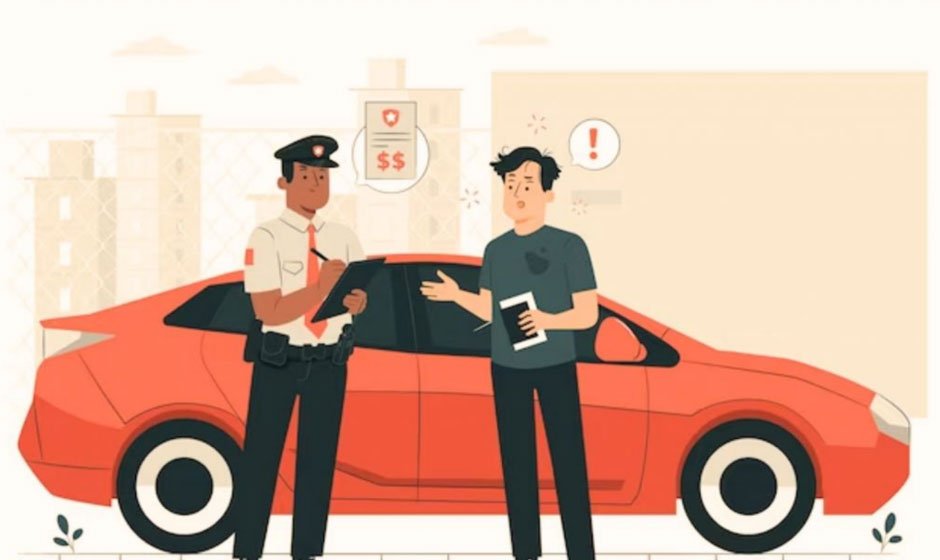When police search your car, knowing your rights can help you handle the situation effectively. Understanding what is legal and what isn’t can make a significant difference in protecting yourself during these encounters.
Every driver dreads the circumstance of having their car searched by the police. It can be a stressful and intimidating experience, even if you have nothing to hide. However, it’s important to know your rights when it comes to car searches by law enforcement.
In this guide, we’ll discuss the laws and regulations surrounding car searches and what you can do to protect your rights.
When Can the Police Search Your Car?
The Fourth Amendment to the United States Constitution protects citizens from unreasonable searches and seizures by law enforcement. This means that the police cannot search your car without a valid reason or warrant unless you give them permission to do so.
There are certain exceptions to this rule, such as:
- Probable cause: If an officer has reason to believe that there is evidence of a crime in your car, they can conduct a search without a warrant.
- Consent: If you give an officer permission to search your car, they can do so without a warrant.
- Plain view: If an officer sees something illegal in plain view while conducting another lawful activity (such as a traffic stop), they can search your car without a warrant.
- Exigent circumstances: If the police have reason to believe that evidence may be destroyed or someone’s safety is at risk, they can conduct a search without a warrant.
Know Your Rights
It’s important to know your rights when it comes to car searches by the police. Here are some key things you should keep in mind:
- You have the right to refuse a search: If an officer asks to search your car, you have the right to say no. It’s important to remember that giving consent for a search can waive your Fourth Amendment rights.
- Stay calm and respectful: While it may be frustrating or scary to be subjected to a car search, it’s important to remain calm and respectful towards law enforcement officers. Being argumentative or aggressive can escalate the situation.
- Ask for a warrant: If an officer doesn’t have probable cause, consent, or any other valid reason to search your car, you can ask to see a warrant. If they don’t have one, you have the right to refuse the search.
- Take note of details: If you do end up being searched by the police, take note of any details such as date, time, location, and officers involved. This information may be useful later on if you need to file a complaint or defend yourself in court.
What to Do If Your Rights Are Violated
Unfortunately, there are cases where law enforcement may violate your rights during a car search. If you believe that your rights were violated, here are some steps you can take:
File a Complaint
If you feel that your rights were violated during a car search by the police, there are steps you can take. You can file a complaint with the department’s internal affairs division or contact the American Civil Liberties Union (ACLU) for assistance. It’s important to have any evidence, such as witness statements or video recordings, to support your complaint.
Seek Legal Representation
If you were arrested or charged with a crime as a result of an unlawful car search, it’s important to seek legal representation. A lawyer can help you in various ways, including:
- Reviewing the evidence: A lawyer can review the details of your case, including any evidence gathered during the car search, to determine if your rights were violated.
- Representing you in court: If your case goes to court, a lawyer can represent you and argue for the exclusion of any unlawfully obtained evidence.
- Negotiating a plea deal: In some cases, a lawyer may be able to negotiate with prosecutors for reduced charges or penalties based on the circumstances of your case.
Empowering Yourself Through Knowledge
While having your car searched by the police can be a stressful and intimidating experience, it’s important to know your rights. Understanding when and why law enforcement can search your car, knowing how to protect your rights during a search, and taking appropriate steps if you feel those rights were violated are all crucial in navigating this situation.
Protect yourself and your rights by being informed and prepared. Remember, you have the right to remain silent and the right to an attorney. Use these rights to your advantage in any interactions with law enforcement officers.





